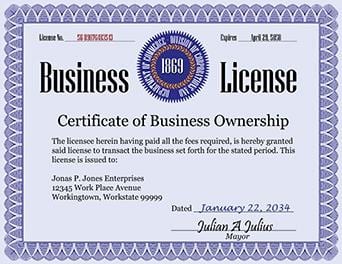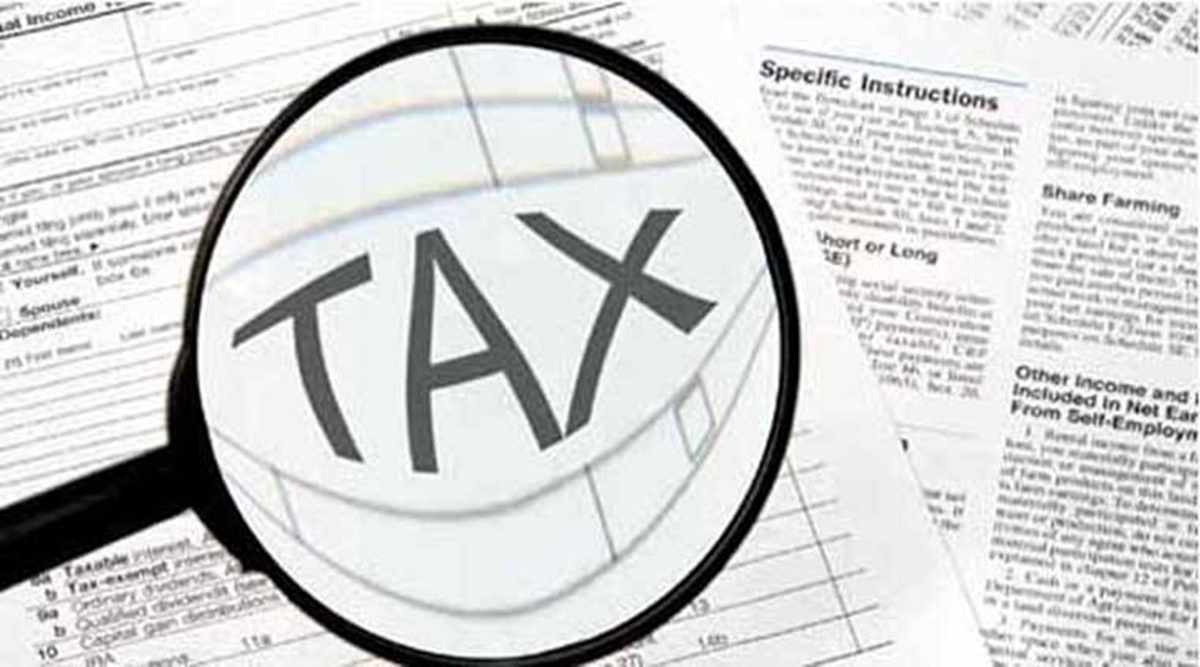How to Set Up a Home-Based Business Legally: A Comprehensive Guide

Starting a home-based business can be an exciting venture, offering the freedom and flexibility to work from the comfort of your own home. However, navigating the legal landscape can be as daunting as navigating a maze without a map. Fear not! This comprehensive guide will walk you through the essential steps to set up a home-based business legally, ensuring you're on the right track from the get-go.
Understanding the Legal Landscape
Before diving into the specifics, it's crucial to understand the legal framework that governs home-based businesses. This includes obtaining the necessary business licenses, understanding tax requirements, and complying with home business laws. Think of it like building a house—you need a solid foundation before you can start constructing the walls.
Obtaining a Business License
One of the first steps in setting up a home-based business legally is obtaining a business license. This is akin to getting a driver's license before hitting the road. A business license legitimizes your venture and ensures you're operating within the law. The requirements for a business license can vary depending on your location and the nature of your business. It's essential to check with your local government office to understand the specific requirements.

Navigating Tax Requirements
Taxes are an inevitable part of running a business, and understanding your tax obligations is crucial. Depending on your business structure, you may need to register for various taxes, including sales tax, income tax, and employment taxes. The IRS website is an excellent resource for understanding your tax responsibilities. Think of taxes as the toll you pay to use the business highway—they're necessary for maintaining the infrastructure that supports your business.
Complying with Home Business Laws
Home business laws can vary significantly from one location to another. Some areas may have strict zoning laws that restrict certain types of businesses from operating in residential areas. Others may have noise restrictions or limitations on the number of employees you can have. It's essential to familiarize yourself with the local laws to ensure you're in compliance. Think of these laws as the rules of the road—they're there to keep everyone safe and ensure smooth operations.
Choosing the Right Legal Structure
Choosing the right legal structure for your home-based business is like selecting the right vehicle for your journey. The structure you choose will impact your liability, taxes, and the ease of running your business. Here are some common legal structures to consider:
Sole Proprietorship
A sole proprietorship is the simplest and most common structure for small businesses. It's easy to set up and offers complete control over your business. However, it also comes with unlimited liability, meaning your personal assets are at risk if your business faces legal issues.
Limited Liability Company (LLC)
An LLC offers the benefits of both a corporation and a partnership. It provides limited liability protection, meaning your personal assets are generally protected from business debts and lawsuits. LLCs also offer pass-through taxation, which can be advantageous for small businesses.
Corporation
A corporation is a separate legal entity from its owners. It offers the strongest protection from personal liability but comes with more complex legal and tax requirements. Corporations are typically more suitable for larger businesses with multiple owners.
Meeting Permit Requirements
Depending on the nature of your business, you may need to obtain specific permits. These can include health permits, fire permits, and signage permits. Think of permits as the keys that unlock the doors to different parts of your business. They ensure you're operating safely and within the law.

Health Permits
If your business involves food preparation or handling, you'll likely need a health permit. This ensures your business meets health and safety standards. Check with your local health department for specific requirements.
Fire Permits
Some businesses may require a fire permit, especially if they involve flammable materials or large gatherings of people. This ensures your business meets fire safety standards.
Signage Permits
If you plan to use signs to promote your business, you may need a signage permit. This ensures your signs comply with local regulations regarding size, placement, and content.
Conclusion
Setting up a home-based business legally is a journey that requires careful planning and attention to detail. By understanding the legal landscape, choosing the right legal structure, and meeting permit requirements, you can ensure your business is on the right track. Remember, the legal aspects of your business are like the foundation of a house—they provide the stability and security needed for long-term success.
Don't let the legal complexities deter you. With the right knowledge and resources, you can navigate the legal landscape with confidence. Think of this guide as your roadmap, providing the directions and tips you need to reach your destination successfully.
FAQs
Do I need a business license to operate a home-based business?
- Yes, in most cases, you will need a business license to operate a home-based business legally. The specific requirements can vary depending on your location and the nature of your business.
What are the tax requirements for a home-based business?
- The tax requirements for a home-based business can vary depending on your business structure. Common taxes include sales tax, income tax, and employment taxes. It's essential to consult with a tax professional or the IRS to understand your specific obligations.
How do I choose the right legal structure for my home-based business?
- Choosing the right legal structure depends on your business goals, liability concerns, and tax preferences. Common structures include sole proprietorship, LLC, and corporation. Consulting with a business attorney can help you make an informed decision.
What permits do I need for my home-based business?
- The permits you need will depend on the nature of your business. Common permits include health permits, fire permits, and signage permits. Check with your local government office for specific requirements.
How can I ensure my home-based business complies with local laws?
- To ensure compliance with local laws, familiarize yourself with zoning regulations, noise restrictions, and employee limitations. Consulting with a business attorney or your local government office can provide valuable guidance.
By following this comprehensive guide, you'll be well on your way to setting up a home-based business legally and successfully. Happy entrepreneurship!
0 Response to "How to Set Up a Home-Based Business Legally: A Comprehensive Guide"
Post a Comment